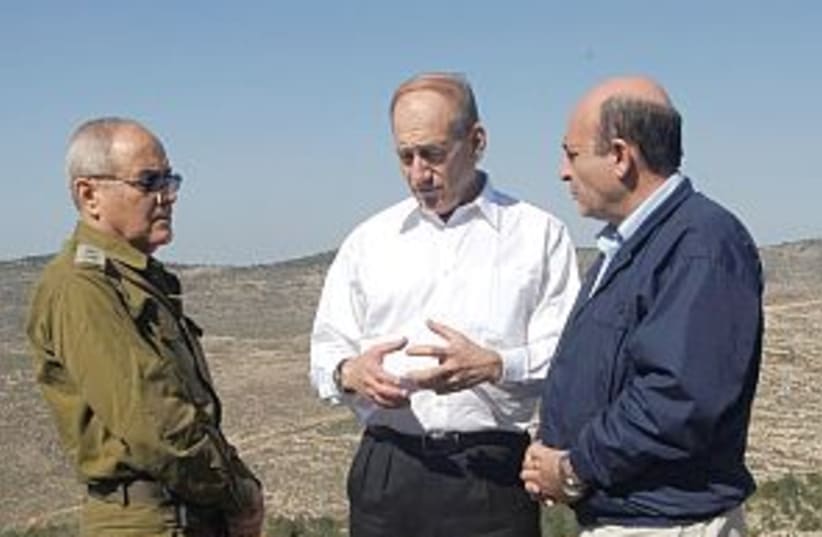| JPOST.COM HIT LIST | |
| JPost.com's most popular articles this past week |
W. Bank to remain under IDF control
Ezra: Even after "civilian disengagement," Olmert will delay the IDF withdrawal.


| JPOST.COM HIT LIST | |
| JPost.com's most popular articles this past week |